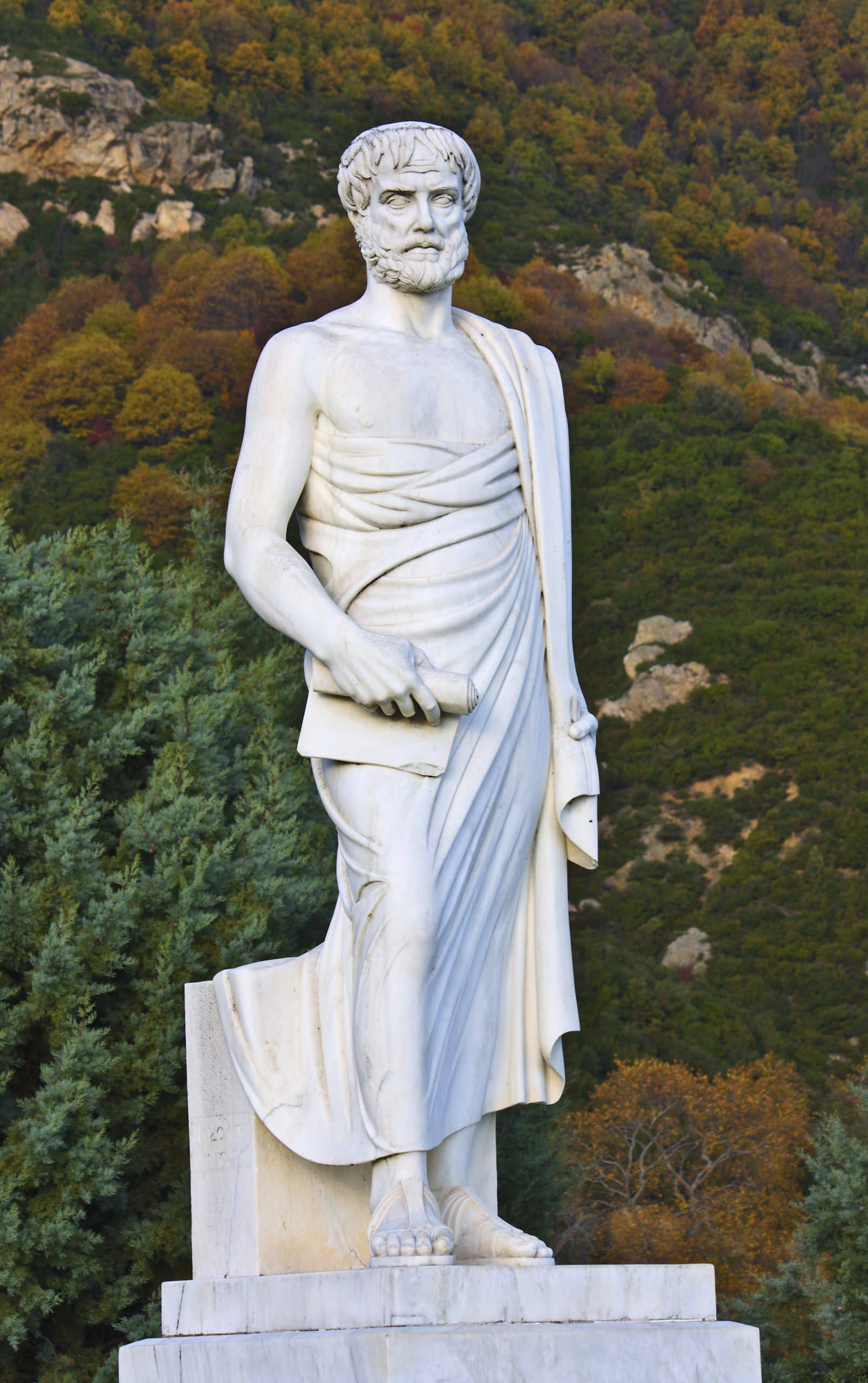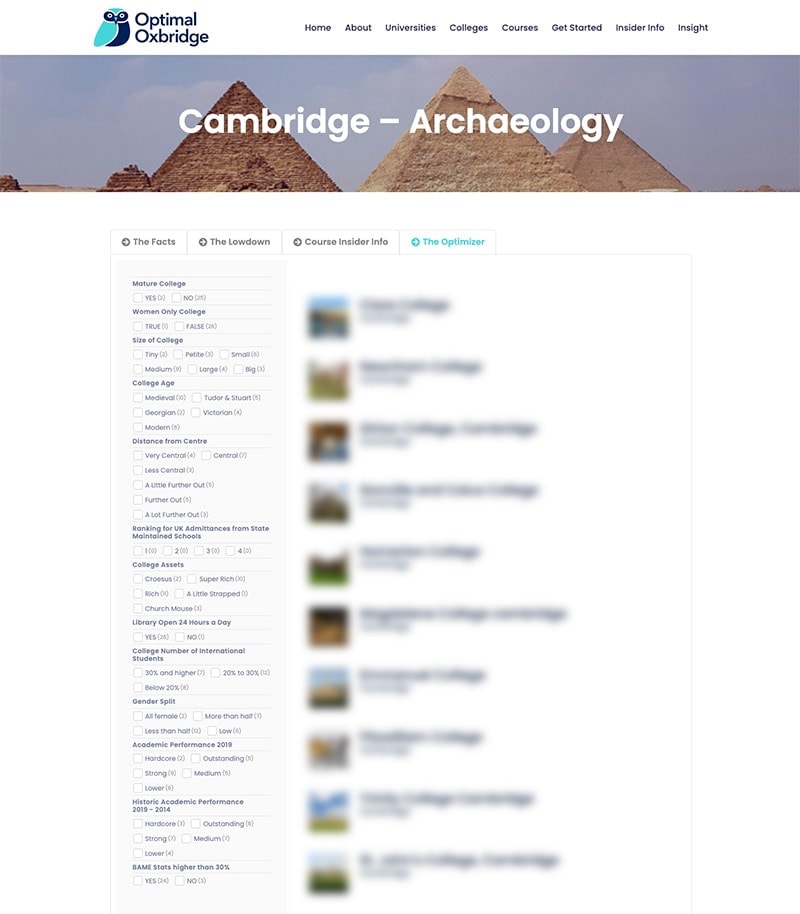Subscribe for full access to insider info and the optimizer.
Unlock access to the Optimizer and Insider Info
Let our optimizer help you find your college match faster. We’ll screen out the bad fits so that you can review the schools you’ll like best. Who knows? You might find a college you never knew existed.
The Facts
UCAS Code:
Q800 (Course I), Q810 (Course II)
Standard Requirements:
A levels| AAA , As in Greek and Latin if applicable
IB | 39, 666 in HL (6s in Greek and Latin if applicable)
For other qualifications, check the Oxford University website.
Required Subjects:
Latin or Greek (Course I).
Advisable Subjects:
None stated by the university.
None stated by the university.
Two pieces of recently graded commentaries or essays within areas related to Classics . Submission deadline by 10th November 2022.
116 (94% interviewed, 40% successful)

The Lowdown
Classics at Oxford boasts the world's biggest Faculty (an average intake of almost 120 undergraduates a year, plus another 20 or so students studying Classics with another subject). Applicants have had a 40% success rate over the last three years, which is one of the highest in the University.
Classicists study the literature, history, art, archaeology, languages, and philosophy of Ancient Greece and Rome. As a four-year degree, Classics provides a broad range of topics that span political theory to ancient art. It also means that students can research in detail the topics that interest them the most.
The first two years combine intensive language work with the study of important literary texts in Ancient Greek and Latin, such as the Iliad and the Aeneid. Students attend MILC (Mods Intercollegiate Language Classes) in the faculty – these classes are weekly if you’ve studied Latin and/or Greek before, but daily in those languages that you haven’t previously learnt. The last two years affords students a lot of flexibility, including the option to study modern philosophy, which is not available as part of the degree in other universities.
Those who have not been able to study Latin or Greek at school are nevertheless encouraged to apply: the university provides help to rapidly acquaint students with these languages. Wherever you are in the city, Ashmolean Museum, the Classics Centre, and the Sackler and Bodleian Libraries are never far away. All are fantastic resources for a budding Classics scholar.
Course I is aimed at those who are studying for an A Level (or equivalent) in Latin or Greek. Course II is for those who are not.
Unlock Insider Info
Get insider intel about how to increase your chances of being offered a place, plus access interviews tips and special questions.
The Optimizer
Unlock access to the optimizer
Let our optimizer help you find your college match faster. We’ll screen out the bad fits so that you can review the schools you’ll like best. Who knows? You might find a college you never knew existed.

